Steve Jobs, the iconic co-founder of Apple Inc., is often celebrated for his unparalleled drive for innovation and a legacy that reshaped the technology landscape. More than a decade after his passing, a fascinating hypothetical emerges: had Jobs retained his stakes in Apple and Disney, his net worth today could have soared to an astronomical $273 billion. Yet, Jobs’ perspective on wealth remained strikingly detached, focusing instead on his passion for technology and design.
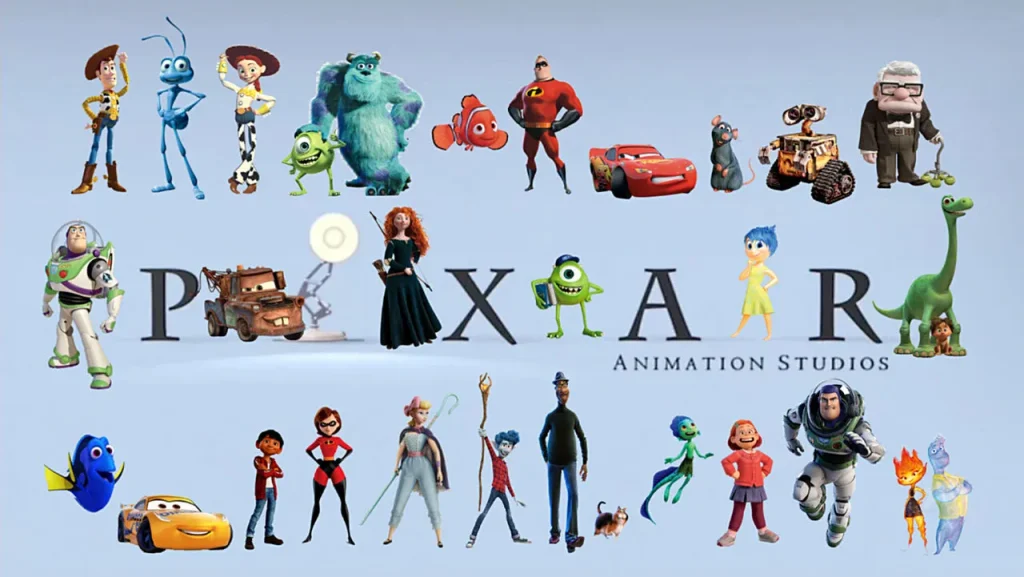
Jobs’ journey with Apple began in his parents’ garage in 1976, leading to the creation of one of the most valuable companies in the world. However, his relationship with Apple’s stock was complex. After being ousted from Apple in 1985, Jobs sold all but one of his 11% stake in the company. This decision, viewed in hindsight, had significant financial implications.
By 2024, had Jobs retained his original shares, his net worth from Apple alone could have been a staggering $273 billion. Even with his actual decisions, which included the sale of his Apple shares and investment in Pixar, Jobs’ combined stakes in Apple and Disney would amount to an impressive $45.432 billion today. This potential fortune highlights the profound impact of strategic decision-making and the power of visionary entrepreneurship.
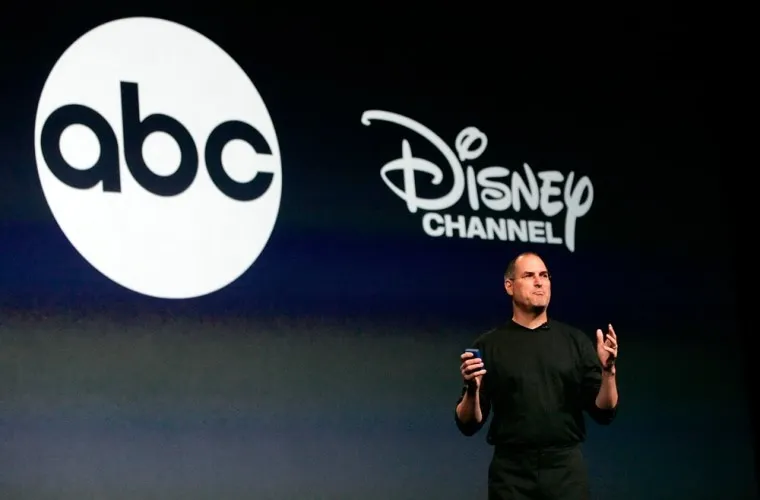
Despite his financial successes, Jobs’ attitude towards money was remarkably indifferent. In a 1996 PBS documentary, Jobs reflected on his early wealth with a surprising nonchalance: “I was worth over $1 million when I was 23, and over $10 million when I was 24, and over $100 million when I was 25, and it wasn’t that important.” This sentiment resonated throughout his career, where innovation and excellence often took precedence over financial gains.
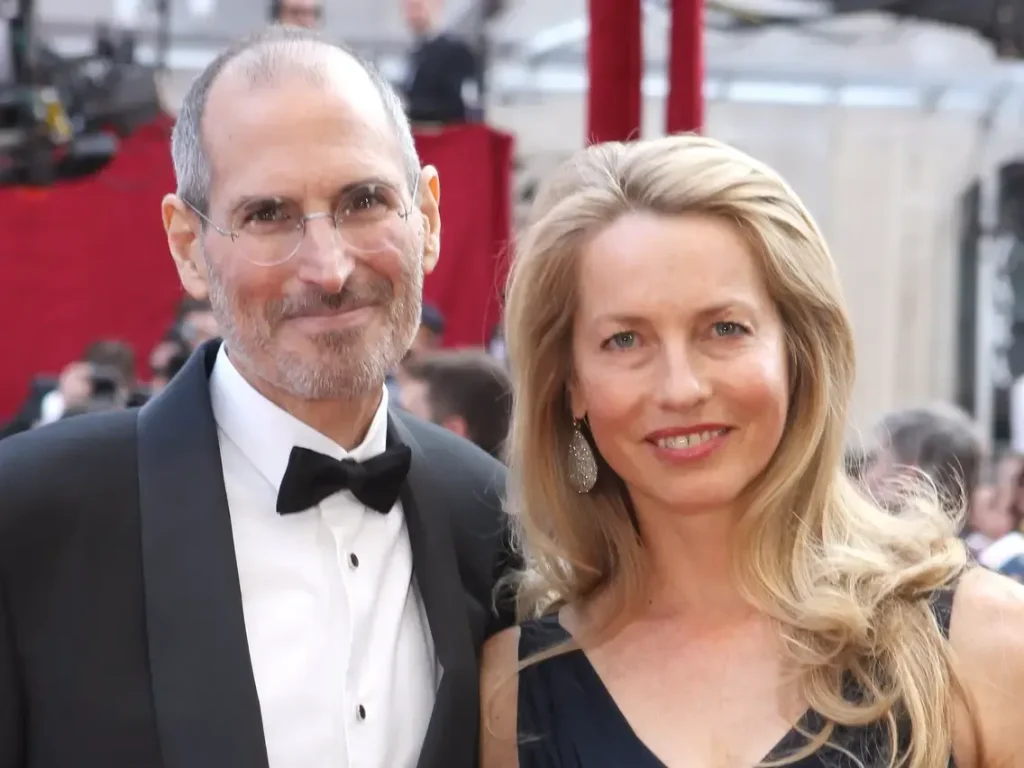
Walter Isaacson’s biography of Jobs reveals a man who eschewed luxury for simplicity. Living in a modest home in Palo Alto, Jobs maintained a lifestyle that was far from the opulence expected of a billionaire. His symbolic $1 annual salary from Apple, from 1997 until his resignation in 2011, underscored his dedication to Apple’s revival and his desire to be seen as more than just a corporate leader.
While Jobs’ official salary at Apple was minimal, his compensation was anything but ordinary. He received unique perks, including a $90 million Gulfstream V jet and substantial reimbursements for travel expenses. These bonuses, however, did not alter his minimalist lifestyle or his focus on Apple’s mission.
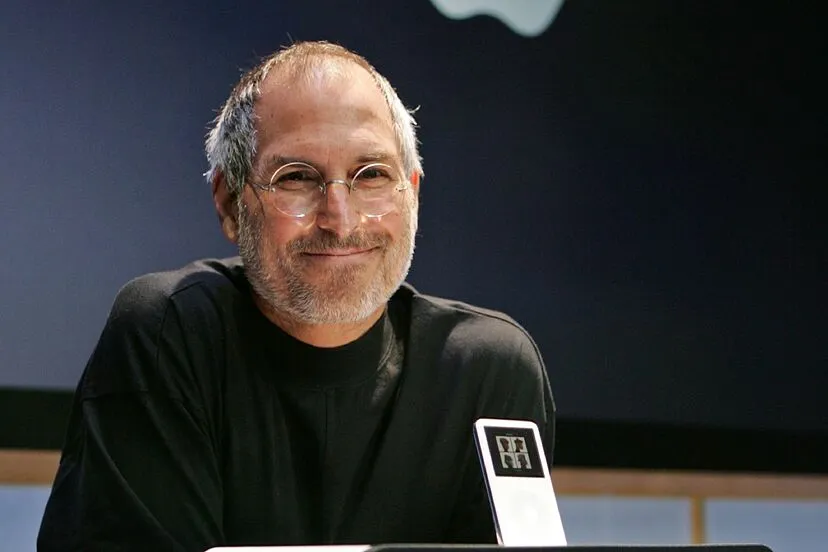
Jobs’ financial prudence extended beyond Apple. His foresight in acquiring Pixar and later selling it to Disney not only revolutionized the animation industry but also added significant wealth to his portfolio. The Disney deal provided him with millions in annual dividends, further solidifying his status as a savvy and forward-thinking investor.
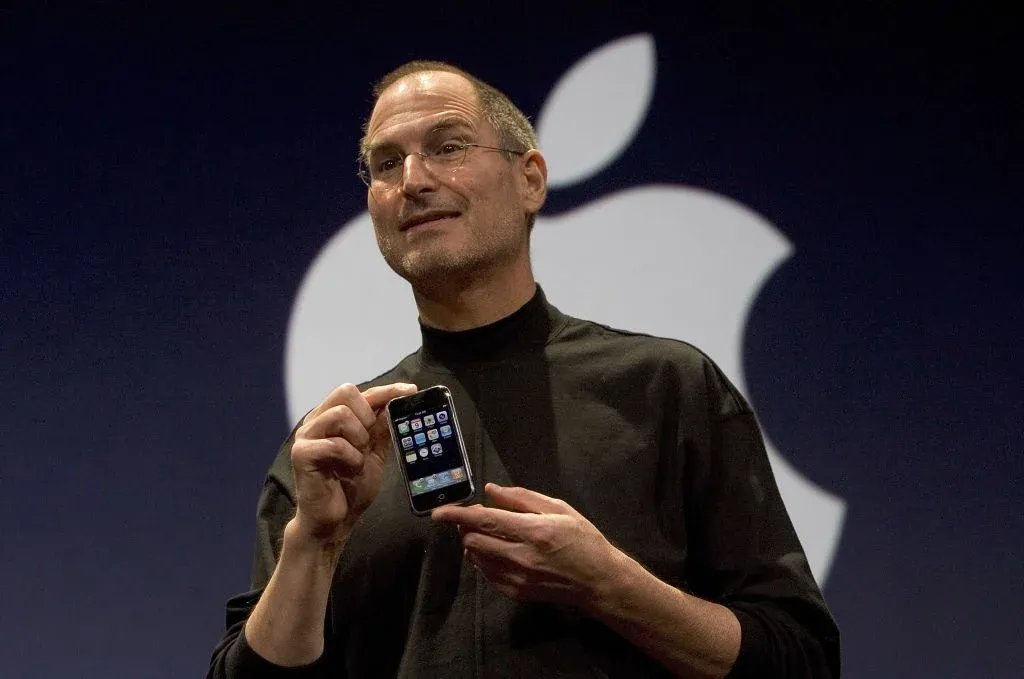
Today, as we reflect on Steve Jobs’ hypothetical net worth and his actual financial legacy, it becomes clear that his true wealth was not measured in dollars. Jobs’ enduring impact on technology, design, and the corporate world transcends any financial metric. His approach to life and work was guided by a relentless pursuit of excellence and a belief in the power of innovation.
